The Pawpaw tree is a unique and fascinating plant that undergoes a remarkable journey throughout the seasons. From its initial growth to the maturation of its fruit, this tree showcases the beauty of nature's cycles and the resilience of life.
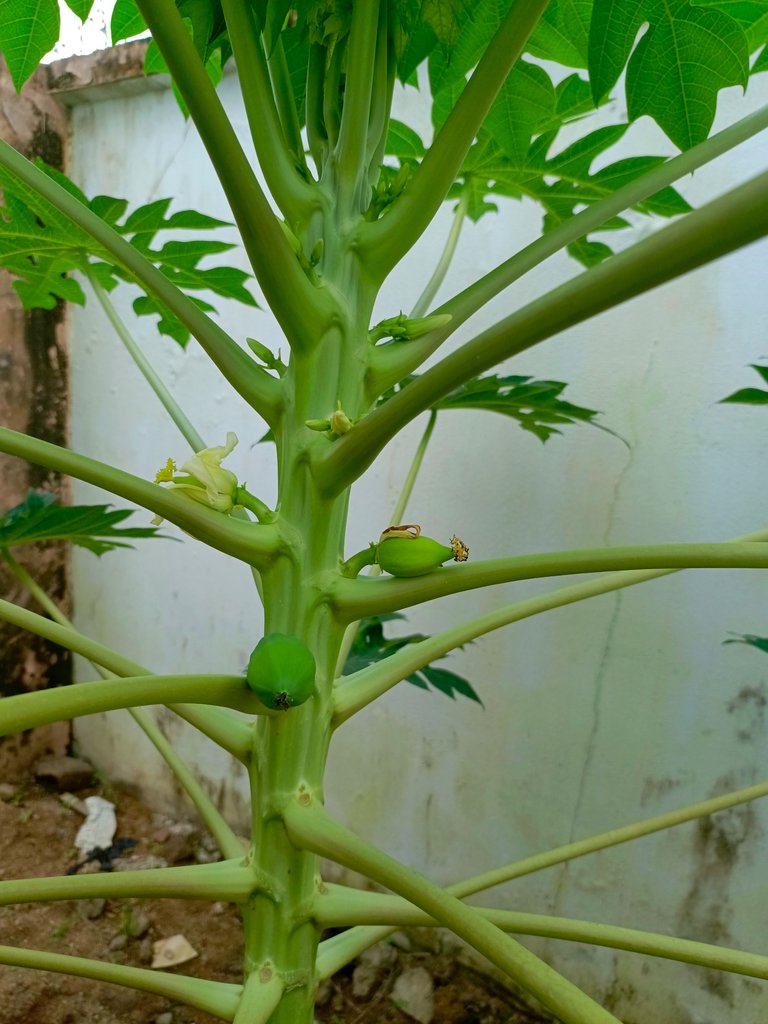
During the spring season, the Pawpaw tree awakens from its winter slumber and begins its growth phase. As the temperature rises and daylight hours increase, the tree's buds start to bloom, giving way to beautiful and fragrant flowers. These flowers attract pollinators such as bees and butterflies, playing a crucial role in the tree's reproductive process.

As summer arrives, the Pawpaw tree reaches its peak in terms of foliage and growth. Its branches extend and become lush with vibrant and green leaves, providing shade and shelter to those underneath. This is a time of vigorous growth, as the tree accumulates energy from the sun and nutrients from the soil. It is during this phase that the fruit of the Pawpaw tree begins to develop.
In the fall, the Pawpaw tree undergoes a transformation as its leaves gradually change color, painting the landscape with hues of yellow, orange, and brown. This change signals the tree's transition into the next stage of its life cycle. It is also during this time that the fruit of the Pawpaw tree ripens. The large, green fruit with a tropical essence starts to soften and turn yellow, indicating its readiness for consumption.
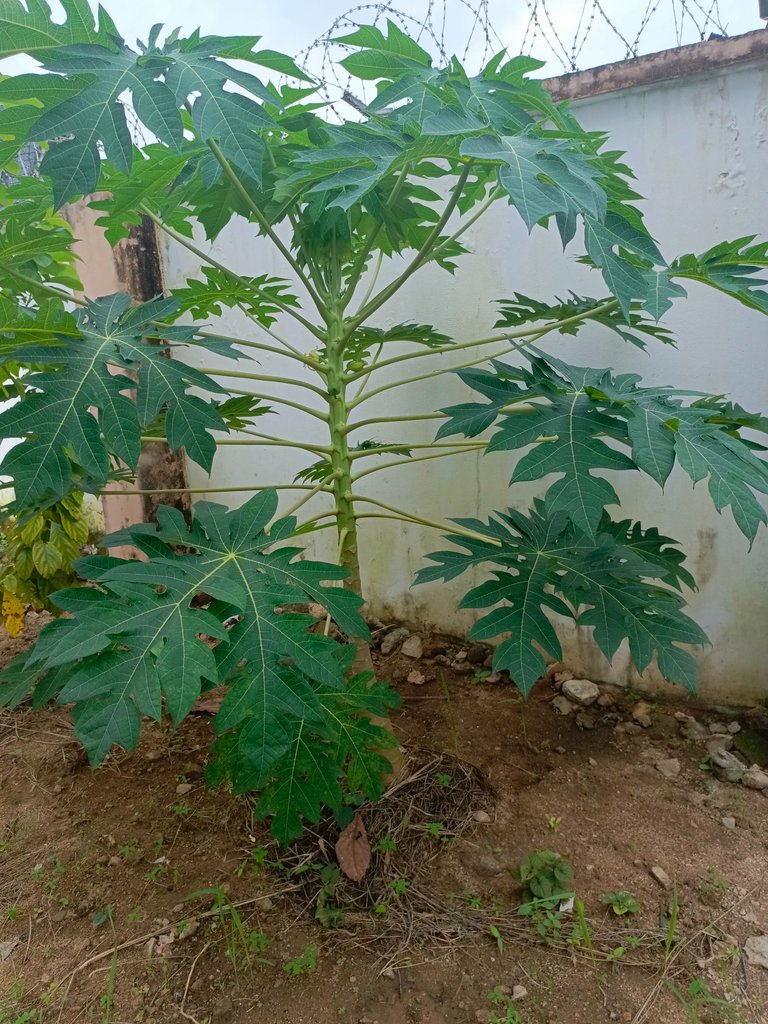
Winter brings a period of dormancy for the Pawpaw tree. Its leaves fall, exposing the bare branches to the cold, harsh weather. While the tree may appear lifeless, it is actually conserving its energy and preparing for the coming spring. During this time, it is essential to protect the tree from extreme weather conditions and provide it with adequate care to ensure its survival.
The life of a Pawpaw tree is a testament to the incredible resilience and adaptability of nature. Throughout the seasons, this tree grows, bears fruit, sheds its leaves, and rests, only to begin the cycle again. Observing the life of a Pawpaw tree can serve as a reminder of the inherent beauty and rhythm found in the natural world.
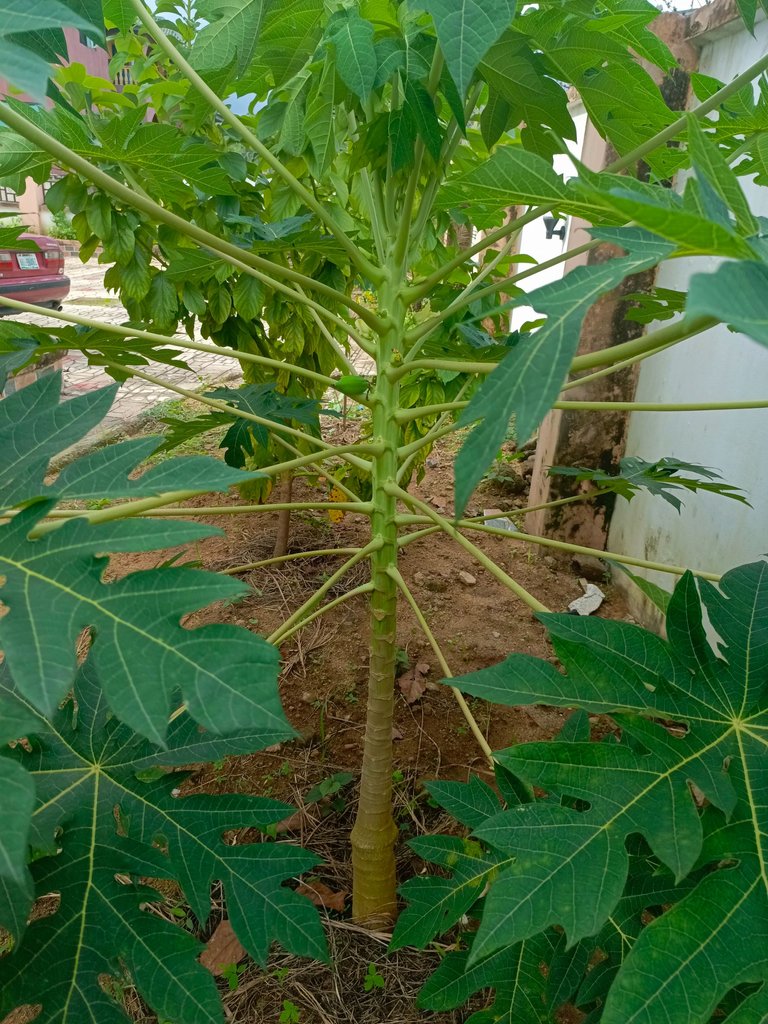
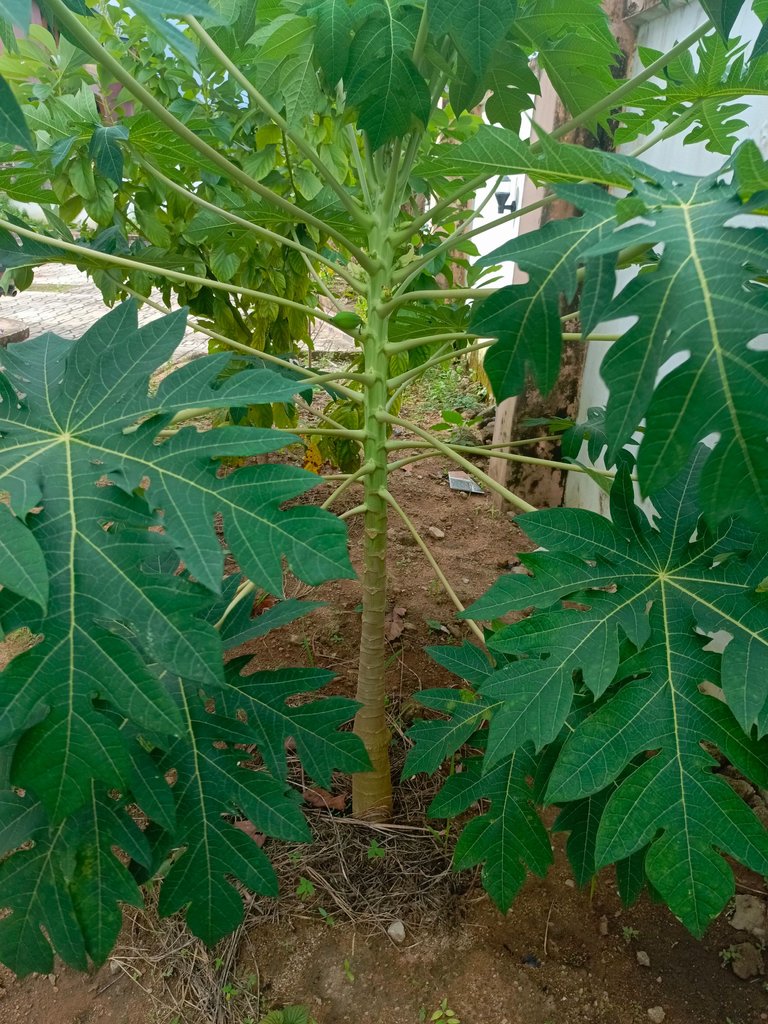
Through the seasons, the pawpaw tree is a testament to the resilience and adaptability of nature. Its ability to thrive in various conditions and undergo changes in response to environmental cues is truly remarkable. As a witness to its life cycle, one cannot help but marvel at the intricate processes that govern the growth of this magnificent tree.
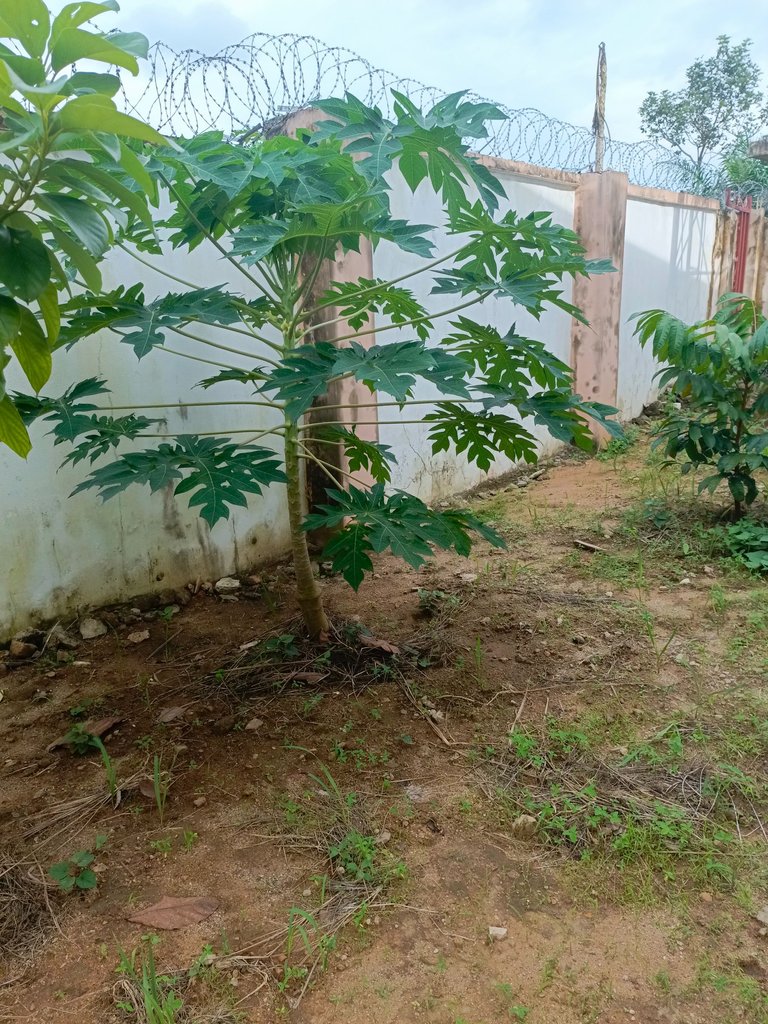
Wow that is really wild tree! Excellent post and I'm really happy to be able to learn something from it.